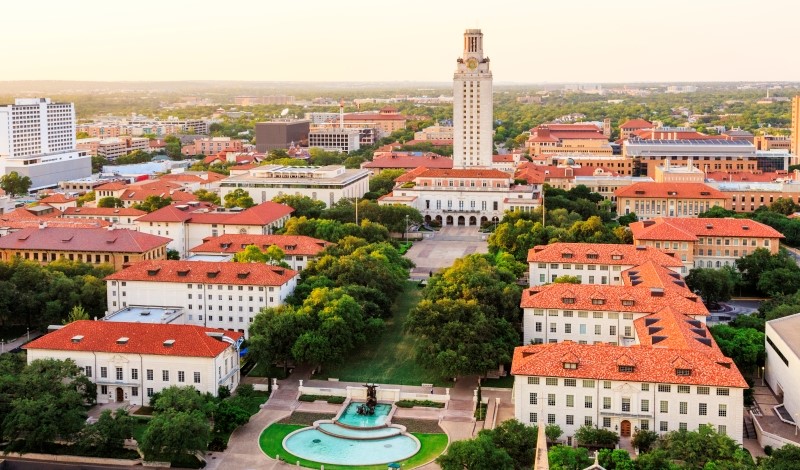
The recent implementation of SB 17 mandates the closure of DEI offices in public Texas universities.
Many students at public Texas universities found that their “home away from home” on campus no longer existed upon returning to school this January.
Senate Bill (SB) 17, passed by the Texas state legislature in June 2023, compelled public universities in the state to shutter any offices related to diversity, equity, and inclusion (DEI) beginning this year. In addition, SB 17 mandates that DEI considerations cannot factor into hiring decisions made by these institutions.
Consequently, the beginning of the spring semester marked a newfound dearth of DEI resources that university students in Texas once relied upon for support within their institutions.
At the University of Texas at Austin, the resultant closure of the Multicultural Engagement Center (MEC) on January 1 prompted widespread student outcry from all corners of campus. Longstanding university traditions previously sponsored by the Center, such as Black Graduation and Latinx Graduation, will no longer occur.
The MEC formerly provided a community space and financial support for student affinity groups across campus—student organizations, which remain exempt from the law, must now account for a lack of institutional support and generate funding on their own.
In the wake of SB 17’s implementation, Texas state universities have terminated programs that provided academic, professional, and financial resources for undocumented students. Out of Texas’s 1.7 million undocumented population, roughly 255,000 are college-aged.
Most universities released guidance for SB 17 before its implementation, and some, such as Texas A&M University, disbanded DEI offices even before January 1. Some universities, however, have begun to pursue workarounds to protect DEI initiatives.
The University of Texas at Dallas, for example, replaced the school’s DEI office with an Office of Campus Resources and Support and reassigned DEI employees to this office, rather than terminating them. The university’s president, Richard Benson, stated that the principles behind DEI initiatives, such as mentoring and support, would “go under a different name.”
The state of Texas has maintained a majority non-white population for nearly 20 years. Despite these demographics, or, as some critics suggest, because of them, many lawmakers in the Texas legislature have voiced concerns about favoring race over merit.
Critics of SB 17 argue that the bill “creates a jarring disconnect, depriving students of invaluable resources and support systems that were essential in ensuring a conducive learning environment for all.” Furthermore, these critics express concerns that SB 17 promotes censorship of academic freedom by regulating interactions at public universities.
Conversely, proponents of the legislation maintain that SB 17 promotes free speech and redirects universities to focus on their primary goal of educating students instead of over-prioritizing diversity initiatives.
As debates about diversity, equity, and inclusion (DEI) in schools rage on, some view SB 17 as a definitive step toward codifying Texas’s commitment to “race-neutral” policies at state-funded institutions.
SB 17 is just one of many state legislative efforts targeting DEI and the treatment of race within schools. Across the United States, legislators in 30 states have proposed similar bills, and eight of these proposals have passed so far. Most recently, the governor of Alabama recently signed a bill echoing SB 17 that eliminates DEI programs from publicly funded universities and government offices.
Due to its recent implementation, SB 17’s long-term consequences cannot yet be assessed. In the short term, many students with diverse identities feel forgotten or erased at school, as well as unfairly targeted by their state government.



